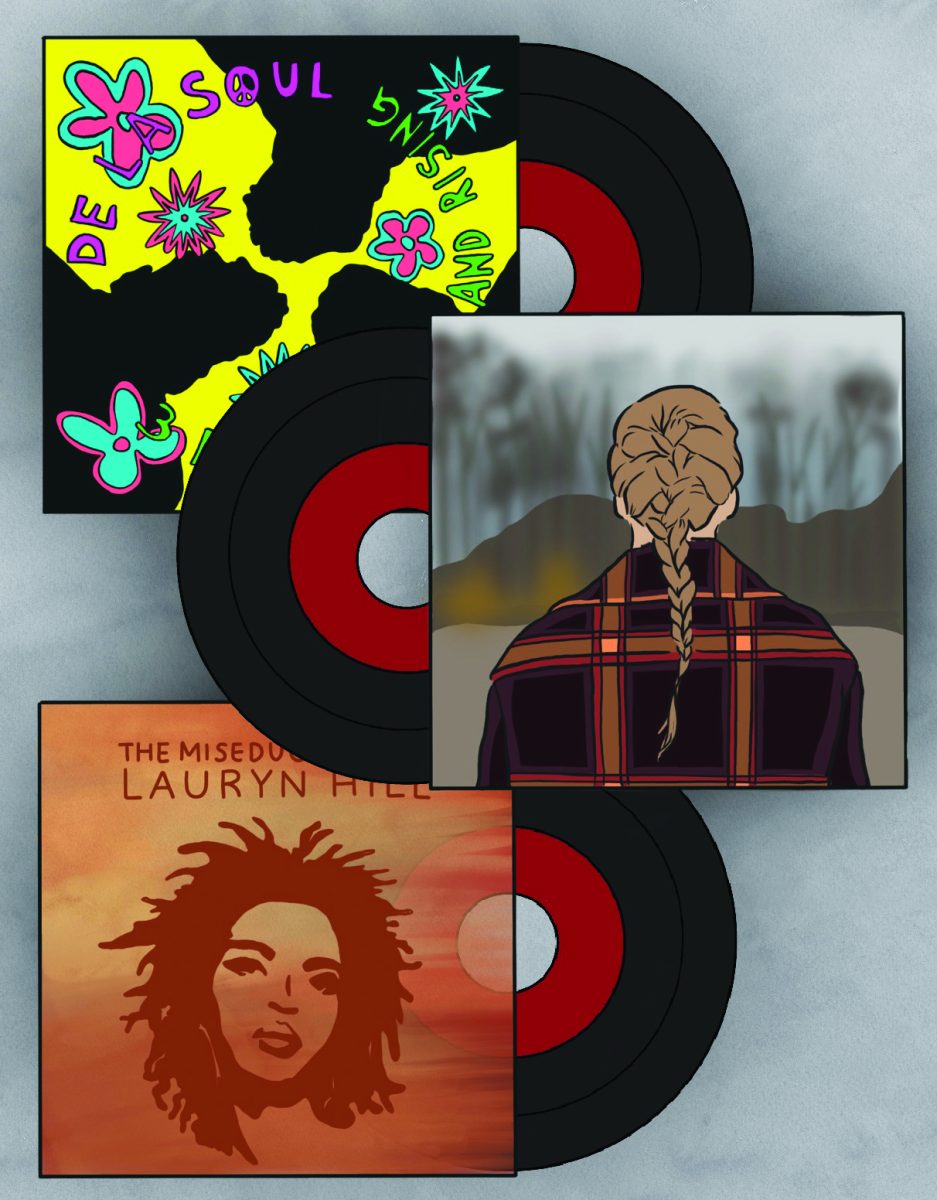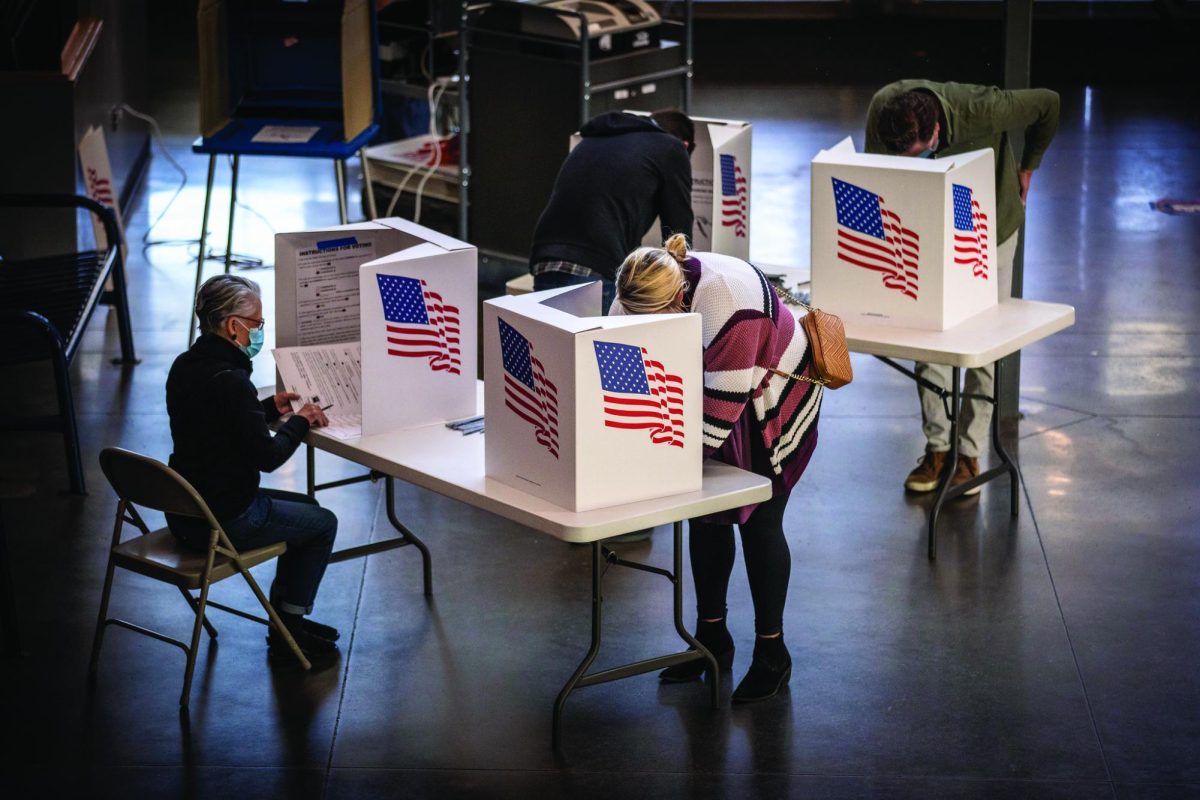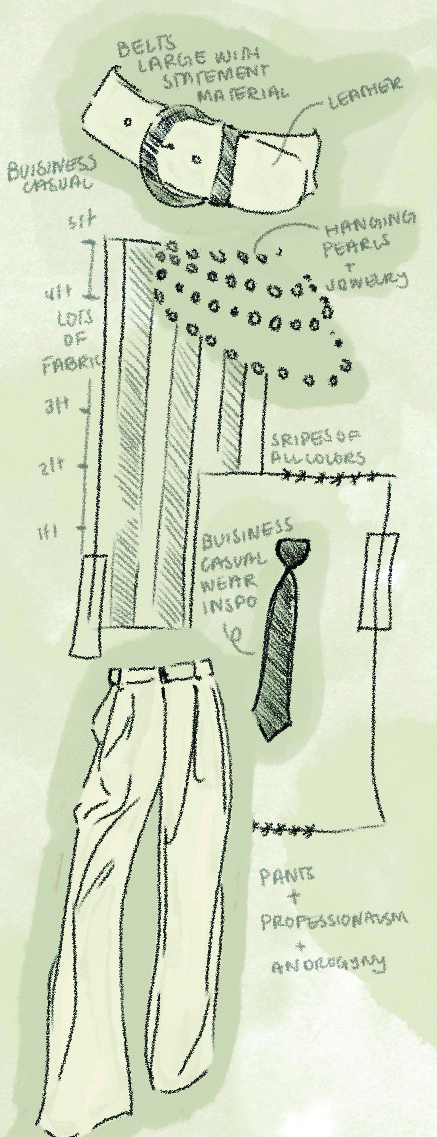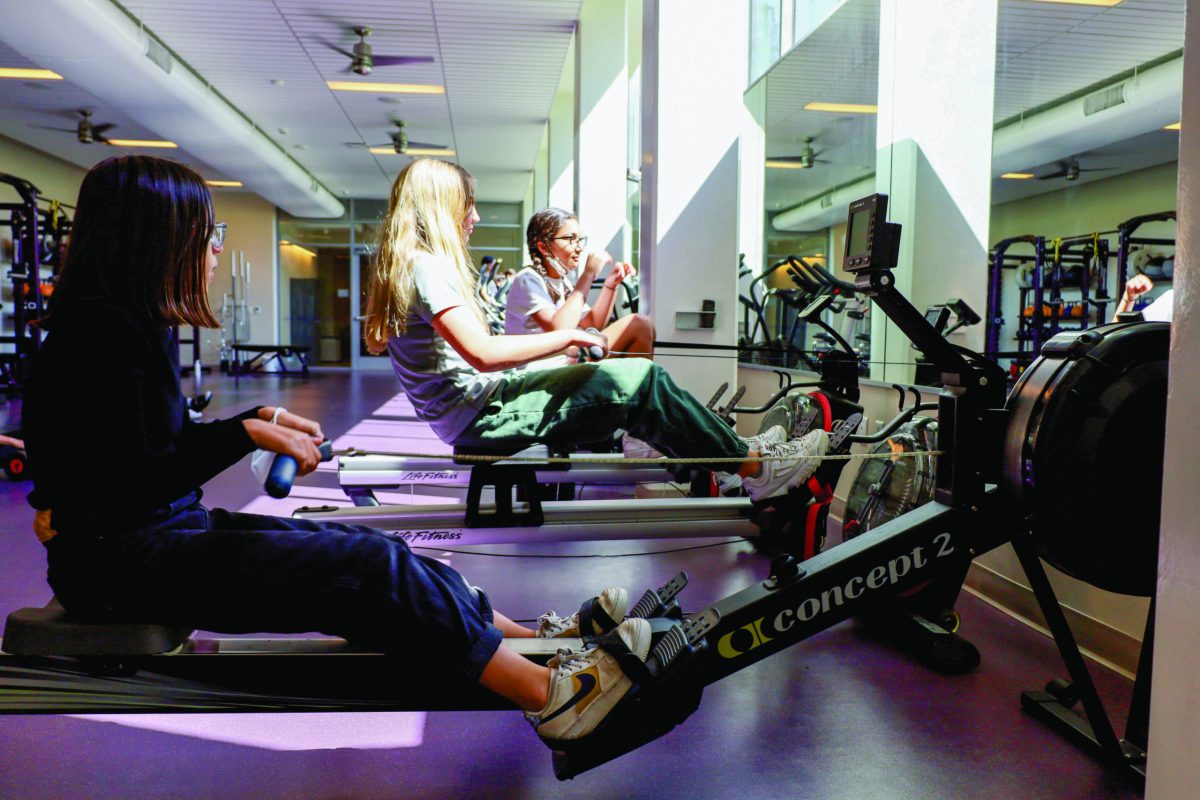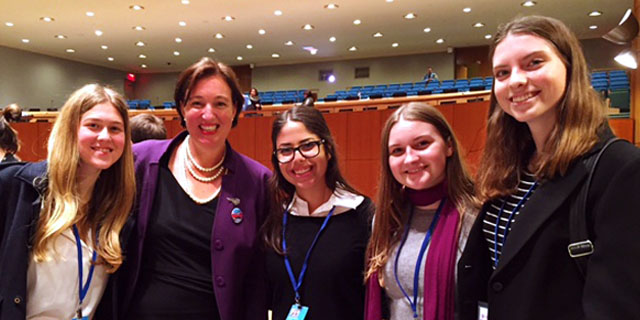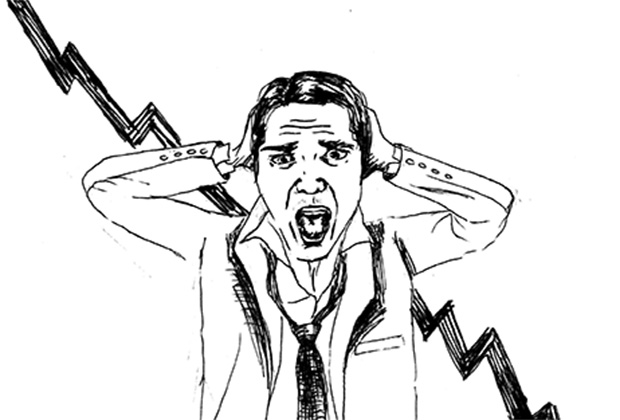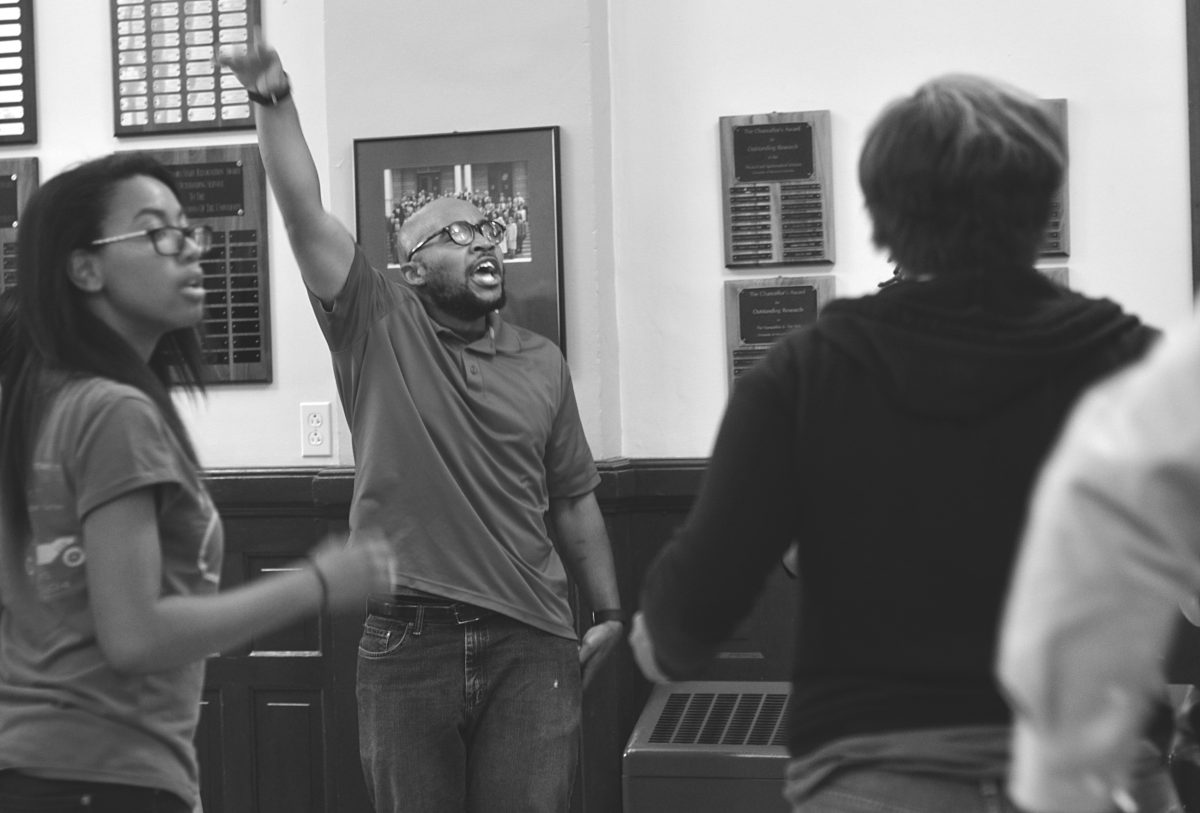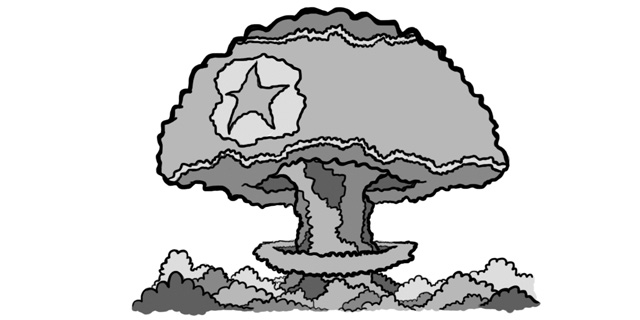
On Friday, Feb. 27, Boris Y. Nemtsov, a Russian opposition leader and a well-known critic of Russian President Vladimir Putin, was fatally shot in Moscow. Two men, Anzor Gubashev and Zaur Dadayev, were arrested and charged for suspected involvement in Nemtsov’s murder, and three other suspected accomplices have also been jailed.
Nemtsov was a former deputy prime minister who fought against government corruption and for democratic reforms in Russia, helping to lead the opposition movement against Putin, which the President effectively subdued through a combination of intimidation and political pressure in 2012. Nemtsov was in the midst of preparing for a rally against the ongoing war in Ukraine when he was shot, causing an outcry amongst many of Nemstov’s supporters, who suspect the involvement of the Russian government; Nemstov’s murder is just one of the murders of several of Putin’s most outspoken critics. Putin, however, condemned Nemstov’s killing, which he explained was politically motivated, and said that he would personally conduct the investigation of its cause and execution.
The turmoil surrounding the assassination, which several Russians fear was retaliation for Nemtsov’s critique of the government, reflects the greater conflict within the country concerning Russia’s foreign policy, particularly in Ukraine.
According to Aleksandr Pozhalov, research director at the Institute of Socio-Economic and Political Research in Russia, Nemtsov’s death could be a potential catalyst for the re-emergence of the waning liberal opposition.
“They [the opposition] find themselves at a crossroads. The murder of Nemtsov must make the democratic opposition of Moscow reconsider its strategy, starting with their relations with each other,” Pozhalov said in an interview with the New York Times.
The opposition has declined in past years largely because of its disunity (nearly a dozen different liberal parties currently operate in Russia) and lack of a strong leader. Moreover, the majority of Russians support Putin because of the relative stability he has brought to the region, coupled with the nationalist sentiment he has revived in Russia with the annexation of Crimea in March of 2014.
“I think there is a sense that Putin is trying to stand up for the Russian nation and the Russian people, and again there are long-standing historical ties of Russia trying to have an impact and an influence in Ukraine and in Crimea as this kind of buffer zone to protect itself against… a threat of European influence,” history and social sciences Department Head Michael Rindge explained.
After Russia was hit by sanctions from the United States and several European countries, Putin began to spread a message of a Russia beleaguered by attempts from the West to subdue it. When the opposition parties then supported these sanctions, Putin used this as ammunition to portray the opposition as Western puppets and traitors of the Federation.
Government critics such as Dmitry Gudkov believe that this rhetoric from the government has brought about a widespread hatred of opposition groups, which these groups see as the leading cause of Nemtsov’s death.
“[Nemtsov’s death] is the result of this propaganda of hate, because every day, the Russian media is trying to persuade Russian citizens that there are enemies of our country working for the State Department, working for Washington or some other countries, and they want to ruin Russia,” Gudkov, a member of the Russian Parliament, explained in an interview with the New York Times.
While many members of the opposition have pointed to Russian nationalist groups such as the anti-Maidan movement, which seeks to prevent governmental change or reform in Russia, as having a hand in the killing, members of the anti-Maidan movement have denied taking any part in murder.
According to analysts and prominent political figures in the country, the liberal opposition suffers largely because it has not been able to make a name for itself and because it tends to focus on more abstract issues, such as corruption, that the majority of Russian voters are unwilling to accept. These analysts suggest that the opposition should focus instead on more concrete social and economic issues that the public can support, such as government cutbacks on health services, and that it should emphasize patriotism in the face of change.
Rindge added that the current economic downturn in Russia could also have a large impact on Putin’s future success, thus giving more ammunition to the opposition.
“It’s very difficult [to succeed] without having the levers of power in Russia and without having the state media supporting you… [Putin] went that nationalist route to try to get people focused more on the Russian state than their own economic hardship, but I think if there’s an increase of economic frustration and a questioning of [the] long-term viability of Russia’s economic foundation, then that could change.”

